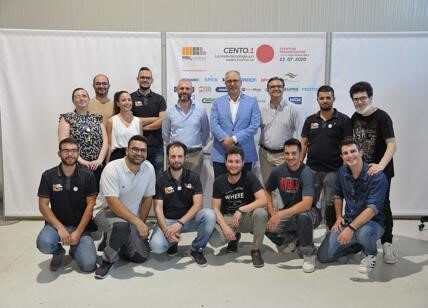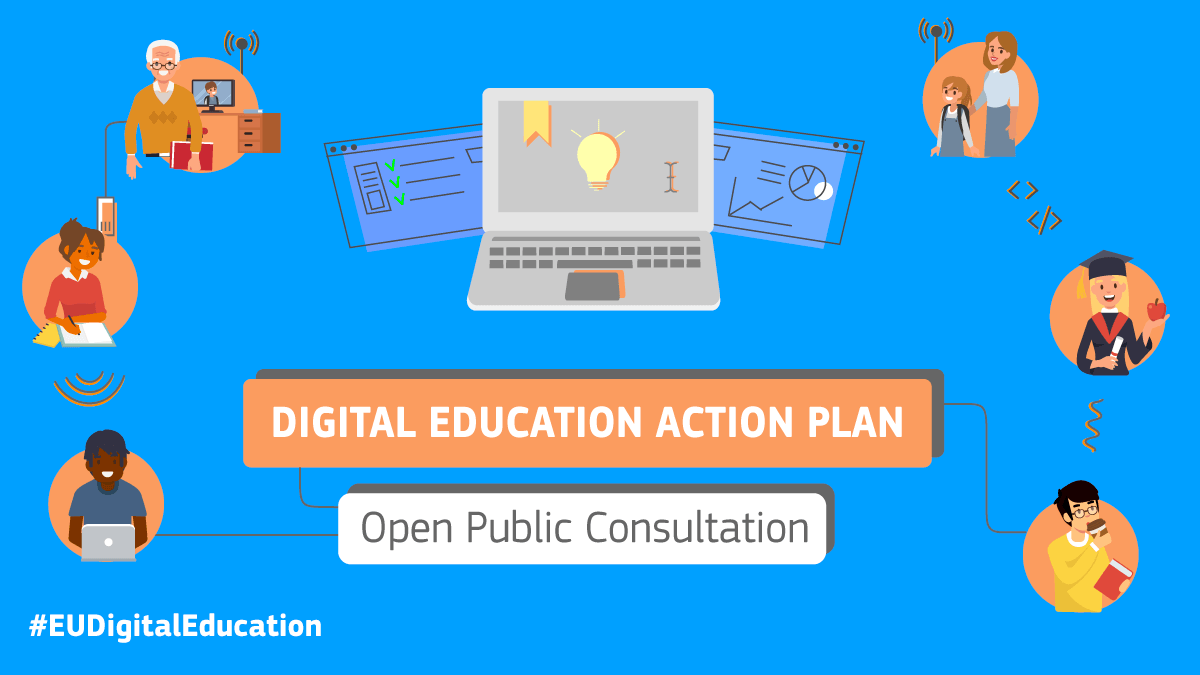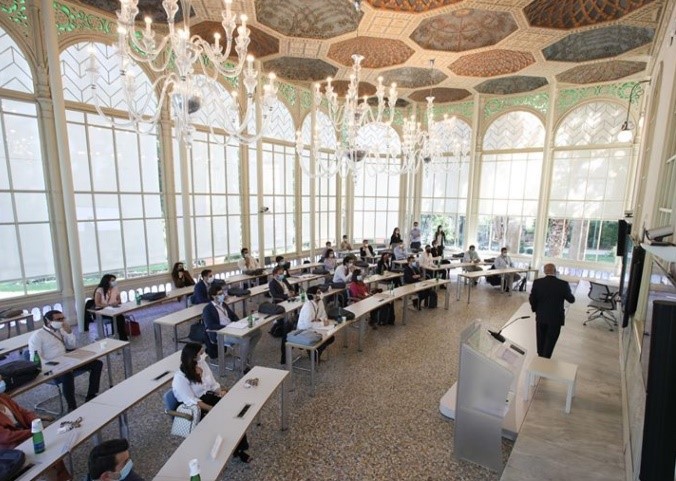A mechatronics production chain started from Puglia in a full emergency during the pandemic. MBL Solutions, an Apulian excellence of mechatronics and robotics, wanted to make its contribution to the Country, with the help of robotics and automation.
MBL Solutions designed and built a Made-in-Italy robotic machine for the production of surgical and FFP2 masks, capable of producing 100 masks per minute, for a total of 144,000 per day.
All this was achieved in just three months, with the collaboration of 20 companies in the advanced mechatronics production chain. A truly virtuous example, considering that, among other things, the manufacturing sector has been among the hardest hit by the economic crisis.
The result was extraordinary and saw the construction of dozens of mask production plants.
The production chain project also involved the engineering of a “fully integrated” production line, which also included sterilization (for the certification of medical masks) and the final packaging of the masks, completely automatical and with the assistance from only one direct line operator per work shift.
Cesare De Palma, President of the Mechanical Section of Confindustria Bari-Bat, said: “The model that has been applied by MBL Solutions for the mask production systems is the only way forward: that of interaction and professional collaboration to create a fluid system and to grow our companies by responding to the multiple needs of the market, which today does not allow vertical specialization.”
Ceasre De Palma and his organization are actively contributing as very valuable Stakeholders to the NewMetro Project since its start.



 Internet access is becoming more and more essential. In order to bear the increasing demand for high-capacity and low-cost networks, network operators have invested in transforming their networks from 2G and 3G to 4G and beyond, while wireline access networks have moved from DSL and coaxial to fiber to the home.
Internet access is becoming more and more essential. In order to bear the increasing demand for high-capacity and low-cost networks, network operators have invested in transforming their networks from 2G and 3G to 4G and beyond, while wireline access networks have moved from DSL and coaxial to fiber to the home.





 What do you think when hearing about protective masks? Are you thinking that it keeps you safe? Maybe you feel a bit of reserved to live normally… Or they make you choke under the hot summer sun… However, in any case we should comply with the experts’ instructions! Undoubtedly, no one can claim that they provide you with comfort or it’s a humanlike habit…
What do you think when hearing about protective masks? Are you thinking that it keeps you safe? Maybe you feel a bit of reserved to live normally… Or they make you choke under the hot summer sun… However, in any case we should comply with the experts’ instructions! Undoubtedly, no one can claim that they provide you with comfort or it’s a humanlike habit…


 On July 3rd the ITS System – Higher Technical Institutes – organized the “ITS Day”. In this virtual event, the outcome of ITS were analyzed as a post-diploma training and professionalization path. The ITS System aims to make easier the access to the world of work, thanks to the synergy between companies, stakeholders and educational institutions.
On July 3rd the ITS System – Higher Technical Institutes – organized the “ITS Day”. In this virtual event, the outcome of ITS were analyzed as a post-diploma training and professionalization path. The ITS System aims to make easier the access to the world of work, thanks to the synergy between companies, stakeholders and educational institutions.
 Italy is preparing to make crucial decisions to revive the economy.
Italy is preparing to make crucial decisions to revive the economy.
 In Italy, more than half of the companies offered their employees online courses during the lockdown, with great satisfaction also for the workers who took part in it and who declared they preferred the e-learning methods to the traditional ones, for flexibility and convenience of avoiding travel.
In Italy, more than half of the companies offered their employees online courses during the lockdown, with great satisfaction also for the workers who took part in it and who declared they preferred the e-learning methods to the traditional ones, for flexibility and convenience of avoiding travel.
 One of the major concerns of the Fourth Industrial Revolution is that artificial intelligence and automation – robots – will eliminate jobs, both blue-collar and white-collar roles in various industries.
One of the major concerns of the Fourth Industrial Revolution is that artificial intelligence and automation – robots – will eliminate jobs, both blue-collar and white-collar roles in various industries.
 What could the long stop due to the crown-virus emergency mean for education?
What could the long stop due to the crown-virus emergency mean for education?